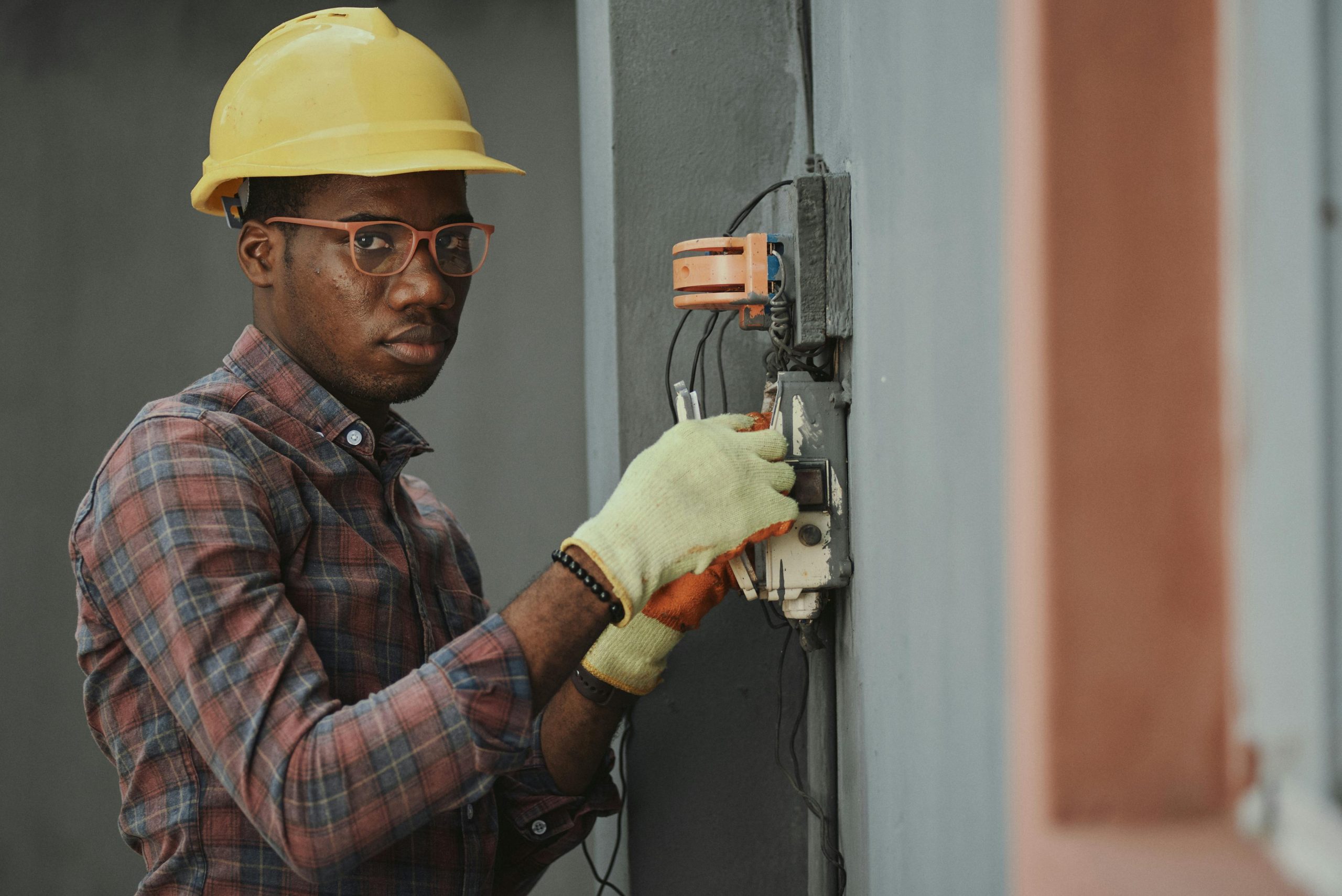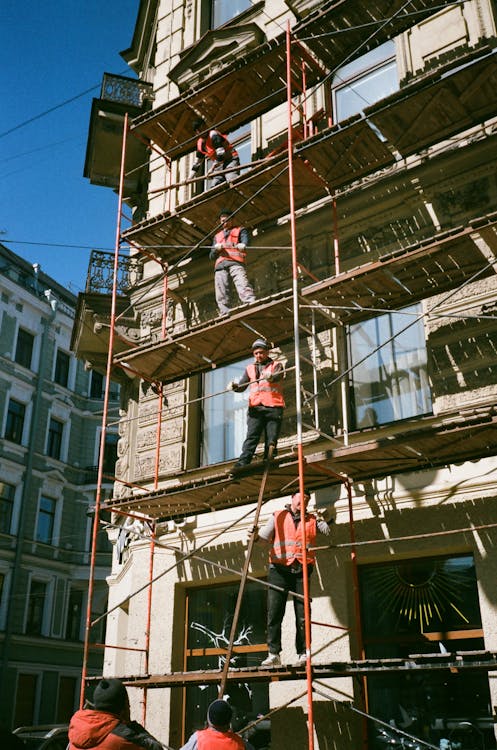How to get a job in construction and what to expect

There has never been a better time to join the construction industry. As the demand for infrastructure and housing grows exponentially, it’s estimated that the Built Environment will have to recruit 217,000 new workers just to keep up. It’s a sector that is always growing, with new opportunities for development arising all the time. But how do you get your foot in the door, and what is it like when you finally walk through it?
We’ll be breaking down some of the different avenues into construction. Then, we’ll discuss the type of work you can expect to face on a daily basis.
What are the routes into construction?
One of the great things about construction is that it’s accessible to all age groups and skill levels. You can join the industry immediately as a school leaver, or you can apply for a role much later in your career. Some of the common entrance points are:
- Learn-on-the-job entry-level roles – A lot of onsite construction roles adopt an onsite training approach
- Apprenticeships – This is particularly common for labour-based roles like bricklaying, tiling and site maintenance assistance
- Higher Apprenticeships – This is the equivalent of the first year of a degree course
Undergoing either of these apprenticeship options can really help your CV to stand out. A majority of entry-level construction roles do not require a degree. However, there are also a number of graduate schemes that are in place to help university graduates get into the sector.
What skills do I need to work in construction?
A lot of the skills required for a construction role are transferable across multiple sectors:
- Verbal communication
- Problem solving
- Time management
- Team working
- People skills
- Physical skills, such as good dexterity and hand-eye coordination
- Leadership
- Decision making
- Attention to detail
Construction is an industry that relies on everything being completed on time, on budget and to a high standard.
For onsite work, which often takes place outdoors in all varieties of weather, many construction companies will be looking to recruit people with a positive attitude. Being able to contribute to an optimistic and productive team morale will be one of the greatest skills you can bring to a construction site.
What type of roles are there in construction?
Common manual labouring or onsite roles include titles such as:
- Bricklayer
- Tiler
- Site Maintenance Assistant
- General Labourer
- Site Surveyor
These roles could appear in various sub-sections of construction. While hundreds of thousands of new houses are being built every year, there are still plenty of roles within commercial construction. Projects like new offices, research facilities and sports venues are still being undertaken all the time. Furthermore, there is always a need for valuable infrastructure such as roads, bridges and airport runways.
Construction, however, does not start and end with manual labour. There is a whole range of office-based roles within the sector as well. Areas that are always necessary include:
- Planning and organisation
- Market research
- HR
- Future planning
Of course, the construction industry also needs talented architects and engineers in order to envision and execute their projects. These roles are much more likely to require a degree or maybe even postgraduate qualifications.
As you can see, the construction industry is open to candidates with all levels of experience and knowledge. However, whichever roles you end up applying for, be sure to check the essential requirements listed in the job specification.
What should I expect from the construction industry?
The construction industry is always throwing up new challenges and new opportunities to learn. It’s very rare, in any role, that you do exactly the same thing two days in a row. But what else can you expect when you join the UK’s construction sector?
- Early starts – Particularly in onsite roles, many working days also start as early as 5am to ensure the day is as productive as possible. In areas like motorway construction, it’s often the case that construction crews work through the night to minimise disruption.
- Working on your feet – No matter which area of construction you enter, it’s likely that you’ll regularly have to visit construction sites and engage with the project in a very hands-on way.
- Positive atmospheres – Many onsite construction workers are cheery people with big personalities, who love being outdoors and working as a team. Meanwhile, office workers are dedicated to making each day as productive and beneficial as possible.
Without a doubt, construction is certainly an industry for people who like to get things done. There are so many different types of roles out there, and the industry is always looking to advance and modernise. If you’re looking for a career of regular challenges and continuous improvement, then construction could be the sector for you.
Related blogs:
How has COVID affected the construction skills shortage?
What type of jobs are in engineering?
What are the best paid construction jobs in the UK?
A construction recruitment agency to find your next role or candidate | Welcome to PPR Recruitment
If you’re looking for your next profession, whether it’s temporary, fixed-term, or a permanent position, or if you require skilled, experienced, and reliable operatives, PPR Recruitment is your one-stop solution. Give one of our knowledgeable and friendly recruitment experts a call on 01895 808188 for further information on the benefits of internal recruitment. For anything else, contact us online or send an email to info@ppronline.co.uk







